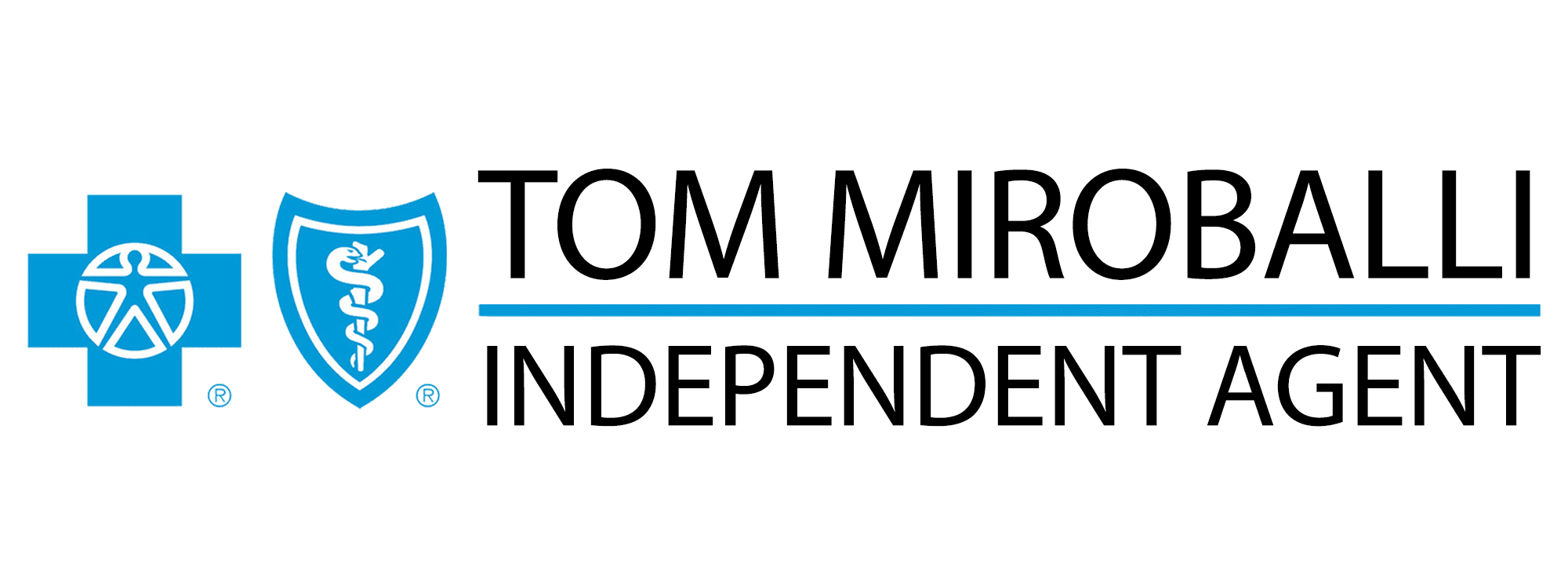Finding Small Business Health Insurance

Finding health insurance for your small business can be a huge and daunting responsibility as a business owner. You may not feel equipped to make the best decisions for yourself and your employees’ families. There is a lot of information out there about small business health insurance, so let us break down the most important things to consider when choosing your plan.
There are many reasons to offer your employees health insurance, but some may wonder if health insurance offerings for small businesses are required. The Affordable Care Act requires all employers with over 50 full-time employees to offer health insurance. However, for retention and recruitment, you might want to provide health insurance even if you do not have 50 employees.
You have three options for health care for your small business.
Small Business Group Health Insurance
As the name suggests, these plans are for coverage for a group of people. They offer insurance at a reduced cost because the insurer’s risk is spread across a group of policyholders. In most states, you need one employee to qualify for a group health insurance plan, the employer must contribute to employee premiums, and there are no open enrollment periods. Often the group health plans require 70% participation. While the plans offer many benefits, some small business owners find them expensive and unpredictable, with premium changes each year and participation requirements.
Self-Funded Plans
Often seen as a more customizable option, self-funded plans are plans where the employers pay for claims out of pocket when they arise rather than paying a predetermined amount to a carrier as in group plans. These plans can be more affordable per enrolled employee than traditional plans, and you are not subject to state health insurance premium taxes. Additionally, you might have money previously set aside for health insurance costs left over at the end of the year. The employer can use this money for other business needs. However, self-funded plans can be a riskier choice, as the company handles paying out the claims, which can be a massive hardship for small companies if there is a catastrophic event.
Health Reimbursement Arrangements (HRAs)
HRAs offer the option for employers to reimburse their employees for individual insurance premiums on a pre-tax basis. In short, employees pay for their health services, then submit a claim for reimbursement. This model allows employees to choose a health insurance plan that works for them. The small business contributes a specific amount monthly. A huge benefit of these HRAs is that the employees can avoid income taxes on the money used for health expenses, and the company can use the reimbursements as a tax deduction.
If you are planning to foster your business’ growth over the next few years, you want to be sure to attract and retain outstanding talent. Compensation is a substantial part of the decision for your candidates. Choosing the best insurance plan for your small business is an investment in your growth.
You don’t have to find health insurance for your small business alone. Tom Miroballi, Independent BCBS Agent, will help you decide and select the right insurance package to make your healthcare work for you. Before signing up, he will explain the terms, rules, or whether the plan will cover something.
Affordable health insurance is just one call away. Give Tom a call at 630-863-3477 or email him today!
Sources:
Home
https://www.takecommandhealth.com/blog/health-insurance-for-small-business
